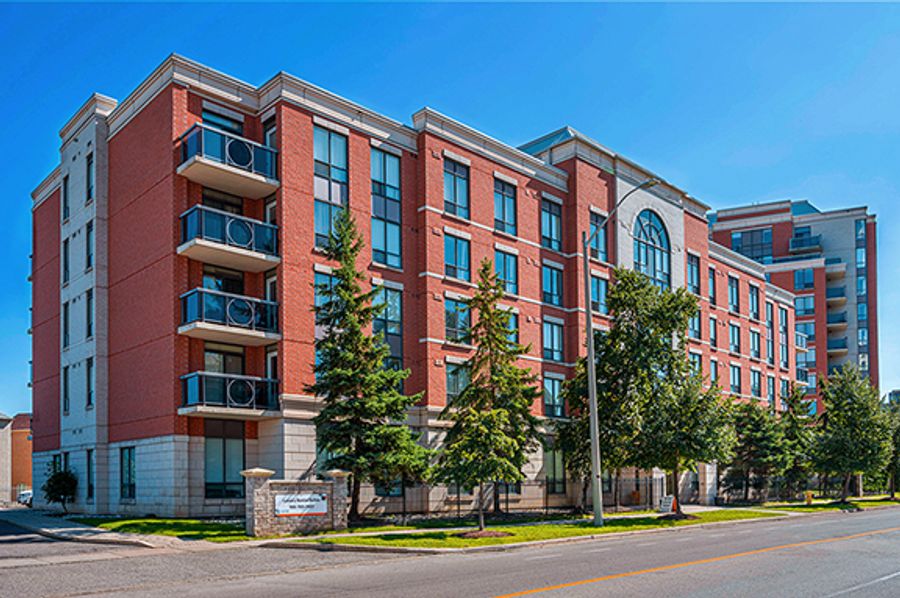The COVID-19 pandemic has proven a couple of things: not only is the multi-family residential sector resilient, it’s probably the safest, if not smartest, bet for investors.
And the clearest way to capitalize on it, according to Equiton Partners Inc.’s Cliff Fraser, is as a passive investor because, in shouldering fewer responsibilities, it abets access to wider inventory.
“The pandemic shone a light on what essential real estate really is—which asset types perform well—and people have figured out multi-family is great because everyone needs a place to live,” said the chief business development officer of the Burlington, Ontario-based company. “Historically, it’s been a resilient asset class, but even more so during the pandemic.
“There are some limitations to day-to-day asset management, namely time, funds or cash, and then there are other daily responsibilities, like family and work. You can’t grow your portfolio to become as big as you’d like as a one-person shop, however, as a passive investor—that is, by using an asset management company—you can.”
Conversely, active real estate investors are responsible for finding investment properties and either conducting their own due diligence or hiring others who can, then going through the arduous underwriting process. Moreover, active investors typically tend to hyper-concentrate all their risk, and that could easily go awry.
“The passive alternative some people might not know exists is relying on someone else to do the hard work and enjoying the benefits of the asset class with a lot less risk, and in a tax-efficient way,” said Fraser. “One thing that people do is diversify risk by potentially investing in multiple asset types, so you spread out the concentration, and instead of doing the work yourself, you have experts doing it for you.”
The main way through which passive investing is tax efficient is the investor can use registered funds and, depending on how it’s set up, isn’t taxed immediately.
As a private REIT, Equiton is an active real estate investor that provides its clients passive investment opportunities. Moreover, it focuses on creating passive real estate investment funds for clients that, on multi-family investments, earn 7-10% cash flow and share price returns. In addition to investing in the multi-family residential sector, Equiton is involved in the commercial and industrial sectors, real estate development and lending.
“Income-producing assets are the foundation of real estate investing because they’re essential real estate,” said Fraser. “People need places to live, and given the supply and demand dynamics in Ontario, and Canada as a whole, more people need places to live because of our immigration system. Demand is outstripping supply, so we’re going to continue seeing basic Economics 101 with more demand than supply, and the value and demand of these assets will continue doing well in this environment.”
Neil Sharma is the Editor-In-Chief of Canadian Real Estate Wealth and Real Estate Professional. As a journalist, he has covered Canada’s housing market for the Toronto Star, Toronto Sun, National Post, and other publications, specializing in everything from market trends to mortgage and investment advice. He can be reached at neil@crewmedia.ca.









